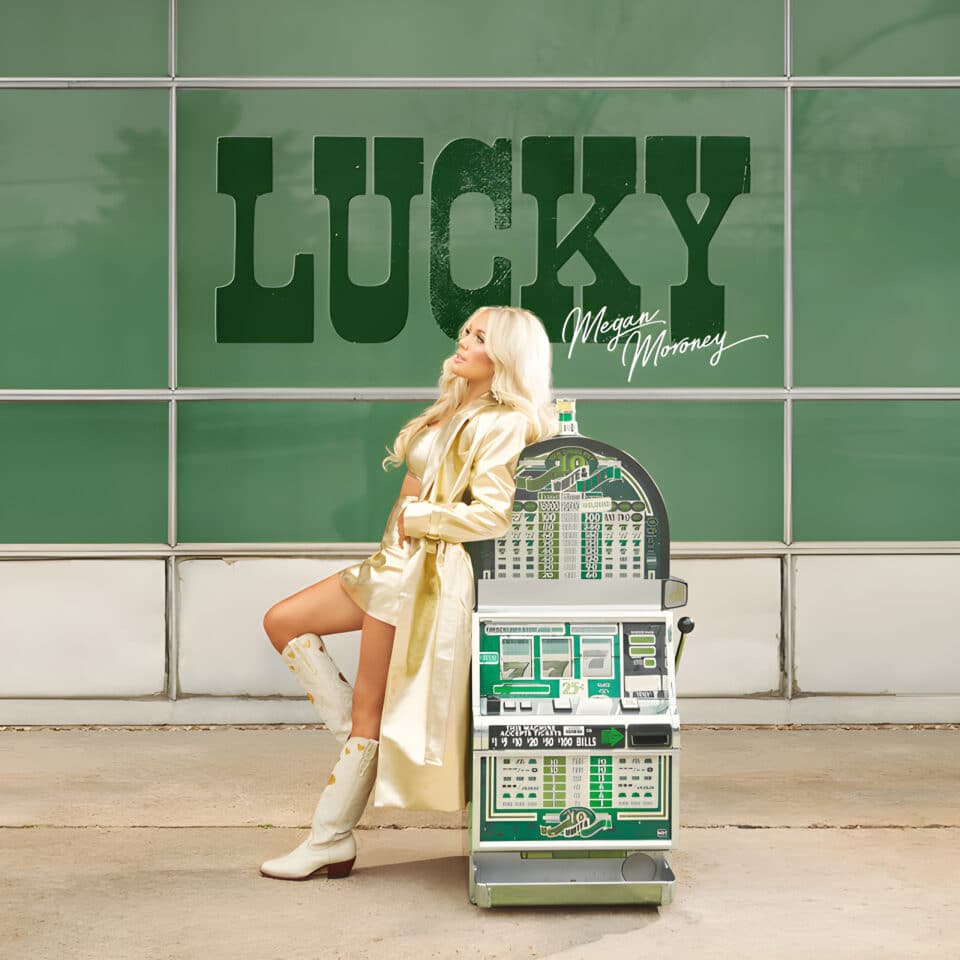Released: 2023
“Tennessee Orange” by Megan Moroney dives headfirst into the whirlwind of falling for someone who fundamentally changes your allegiances, all wrapped up in the intense rivalry between Georgia and Tennessee football. It’s a tale of love crossing state lines, challenging upbringing, and the colors we wear for it.
The song starts with a call home, a confession to the protagonist’s mother about a significant change stirred by a newfound love. This love isn’t just personal; it’s loaded with cultural and regional implications. The phrase “he’ll blow a fuse” hints at the expected parental shock, setting the stage for a story where love challenges deep-seated family and regional loyalties. The protagonist’s surprise at her own feelings, underscored by “I’ve never felt this way,” introduces the transformative power of this relationship.
Then, there’s a vivid depiction of this transformative love through the act of wearing “Tennessee orange,” a color emblematic of allegiance to the University of Tennessee, which stands in stark contrast to her Georgia roots. This act symbolizes not just a shift in sports team loyalty but a deeper change in identity, inspired by love. The mention of Georgia considering it a “sin” to wear Tennessee colors illustrates the rivalry and taboo of crossing these cultural lines. The setting of this story in Knoxville under “Neyland lights” embraces the theme of finding home and belonging in unexpected places.
As the song progresses, the protagonist’s acceptance of her feelings deepens, further illustrated by learning the words to “Ol’ Rocky Top,” a famed Tennessee anthem. This, coupled with her acknowledgment of forgetting her traditional preference for red—Georgia’s color—highlights the dichotomy between past affiliations and the current state of her heart. The repetition of the lover “opening the door” and not making her cry emphasizes the kindness and comfort he brings into her life, contrasting with the confrontation implied with her roots.
Ultimately, the song closes on a note of reconciliation between her new love and her old loyalties. While she’s fully embraced wearing “Tennessee orange for him,” she still wants “the Dawgs to win,” acknowledging her continued love for her Georgia roots amidst her new affections. This nuanced ending encapsulates the song’s central theme: love has the power to bridge divides, transform us, and redefine where and with whom we find our sense of belonging, without erasing where we come from.










